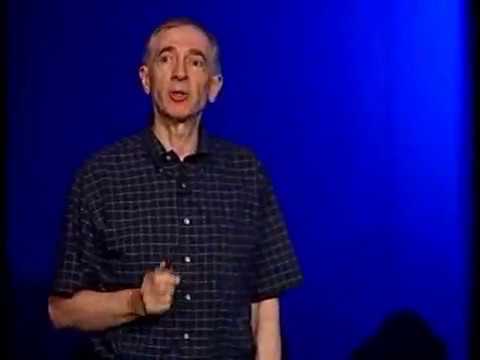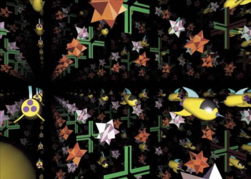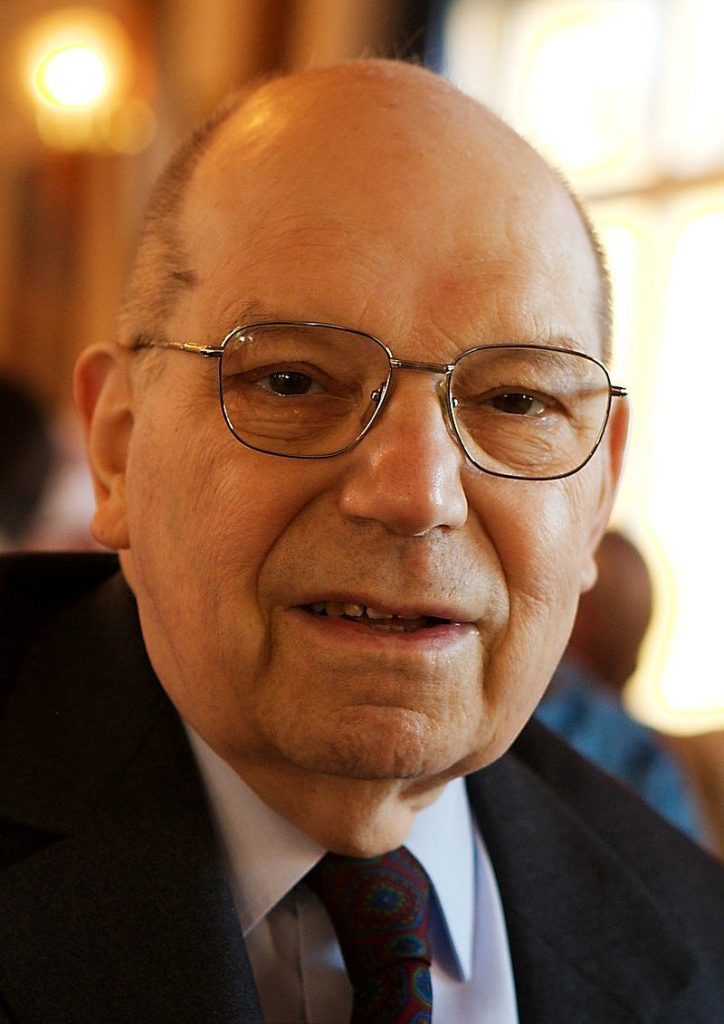Here’s a roundup of news stories from December 2021 that we didn’t cover at the time.
Maths results
Firstly, some nice news of a proof of a result on the density of unit fractions – a set of integers of positive density must contain distinct $n_1,\dots,n_k$ such that $\frac{1}{n_1}+\ldots+\frac{1}{n_k}=1$. (via Thomas Bloom)
According to this post on Gil Kalai’s blog, Ringel’s circle problem has been solved. The problem states:
Consider a finite family of circles such that every point in the plane is included in at most two circles. What is the minimum number of colors needed to color the circles so that tangent circles are colored with different colors?
Turns out, you might need all the colours – the authors of a new ArXiV paper have found ways to construct families of circles in the plane such that their tangency graphs have arbitrarily large girth and chromatic number.

Photo: CC BY-SA Mrjohncummings
Plan 28, a project aiming to collect and understand Babbage’s notes about the analytical engine (and possibly finish building it) has issued a statement to the effect that they now think they understand all of the designs – an exciting step forward.
We have for the first time both an aerial view that integrates partial and seemingly unrelated developments, as well as the most detailed analysis yet of the specifics of implementation.
The group are hoping to be able to rewrite these notes into a format that can be used to build a physical implementation of the machine, as Babbage’s original notes didn’t include a design for a complete engine, and the work so far has taken five years. This is exactly the kind of unnecessary nerdery I love to see.
Prizes
Per Nalini Joshi on Twitter, Serena Dipierro has been awarded the Australian Mathematics Society medal for 2021, which is given within 15 years of the award of someone’s PhD for distinguished research in the mathematical sciences. According to the AustMS citation,
Professor Serena Dipierro (University of Western Australia) has made outstanding contributions to the area of analysis and PDEs, with a special focus on the theory of nonlocal operators and free boundary problems. She is a prolific researcher with a large international network of collaborators and has become one of the leaders of her field. In the nine years since the award of her PhD, her publications have amassed over 1100 citations in the MathSciNet database; since moving to Australia in 2016 she has averaged one publication per month, including many in journals of the highest quality.

According to a blog post by Gil Kalai, Richard Stanley has won the Leroy P. Steele prize, awarded annually by the AMS for distinguished research work and writing in mathematics. According to the announcement,
Stanley has revolutionized enumerative combinatorics, revealing deep connections with other branches of mathematics, such as commutative algebra, topology, algebraic geometry, probability, convex geometry, and representation theory. In doing so, he solved important longstanding combinatorial problems, often reinvigorating these other fields with new combinatorial methods. Through his outstanding research; excellent expository works; and many PhD students, collaborators and colleagues, he continues to influence the field of combinatorics worldwide.
Bad news
In early December, the European Mathematical Society announced that Jacques Tits (pictured left) has died.
Jacques Tits was a highly influential group-theorist, proving the celebrated “Tits Alternative” (that every finitely generated linear group either has a solvable subgroup of finite index or contains a free subgroup of rank 2). Probably his most important contribution was the development of group-theoretic “Buildings”, a profound unifying idea which has subsequently had deep applications in diverse mathematical fields.
Following the publication of a fairly painful article in The Times just before Christmas entitled ‘Phwoar! Look at the vital statistics on these lads’ and listing the apparently increasingly attractive, and exclusively male, mathematicians and statisticians responsible for ‘crunching the data’ on the pandemic, the i newspaper published this excellent response pointing out the shocking news that some mathematicians who aren’t men have also been involved, and highlighting some of the top data experts who’ve been looking after us all with maths. The Times article includes a quote from “maths professor and author Hannah Fry — a woman” (that is literally actually what it says) who had correctly expressed on Twitter that mathematicians are hot – but I’m pretty sure she meant all of us and not just men.
Speaking of bad opinion pieces, what better way to sum up the year than this collection of terrible maths takes? Highlights include ‘How does misogyny impede a mathematician of doing a good job?’ [sic] and the wonderful ‘Physics is not math.’
The American Mathematical Society has cancelled this year’s Joint Mathematics Meetings, scheduled to take place in Seattle on 5-8 Jan, and will be refunding tickets and organising an online event instead. Unfortunately, they initially failed to notify attendees of this by email, and many found out via Twitter.
The AMS also announced in mid-December that they were shutting down all their blogs with two weeks’ notice. The AMS Blogs site has been replaced with an archive collecting all the past posts, but those who used it as a regular blogging outlet will have to find somewhere else to do that. (Hi!)
And finally
Dynamic geometry powerhouse Geogebra has been bought by an online tutoring company called BYJU’S, run by a group of former maths teachers from India. They’ve stated that all current employees, contracts, agreements and software licenses will remain in place, and the software and online resources will continue to be free to use. (via Geogebra on twitter)
PROMYS Europe is a programme designed to encourage mathematically ambitious secondary school students to explore the creative world of mathematics. Competitively selected pre-university students from around Europe gather at Wadham College, Oxford for six weeks of rigorous mathematical activity. This summer it will run from 10th July – 20th August, and applications open on 11th January.
Gathering 4 Gardner’s 2022 Wall Calendar is now available to download and print, and some print copies are also available. Including important dates of huge mathematical significance (my birthday, among others) and a selection of bios, sketches, photos and puzzles any maths fan would enjoy, it’s the perfect solution if you forgot to get a calendar and like maths.

The Geometry Center videos, which brought brought concepts from geometric topology to general audiences through computer-generated visualisation in the early 1990s, have been remastered and are available for free. (via Robin Houston)
If you spot something you think should be in a future Aperiodical News Roundup, send it our way!
